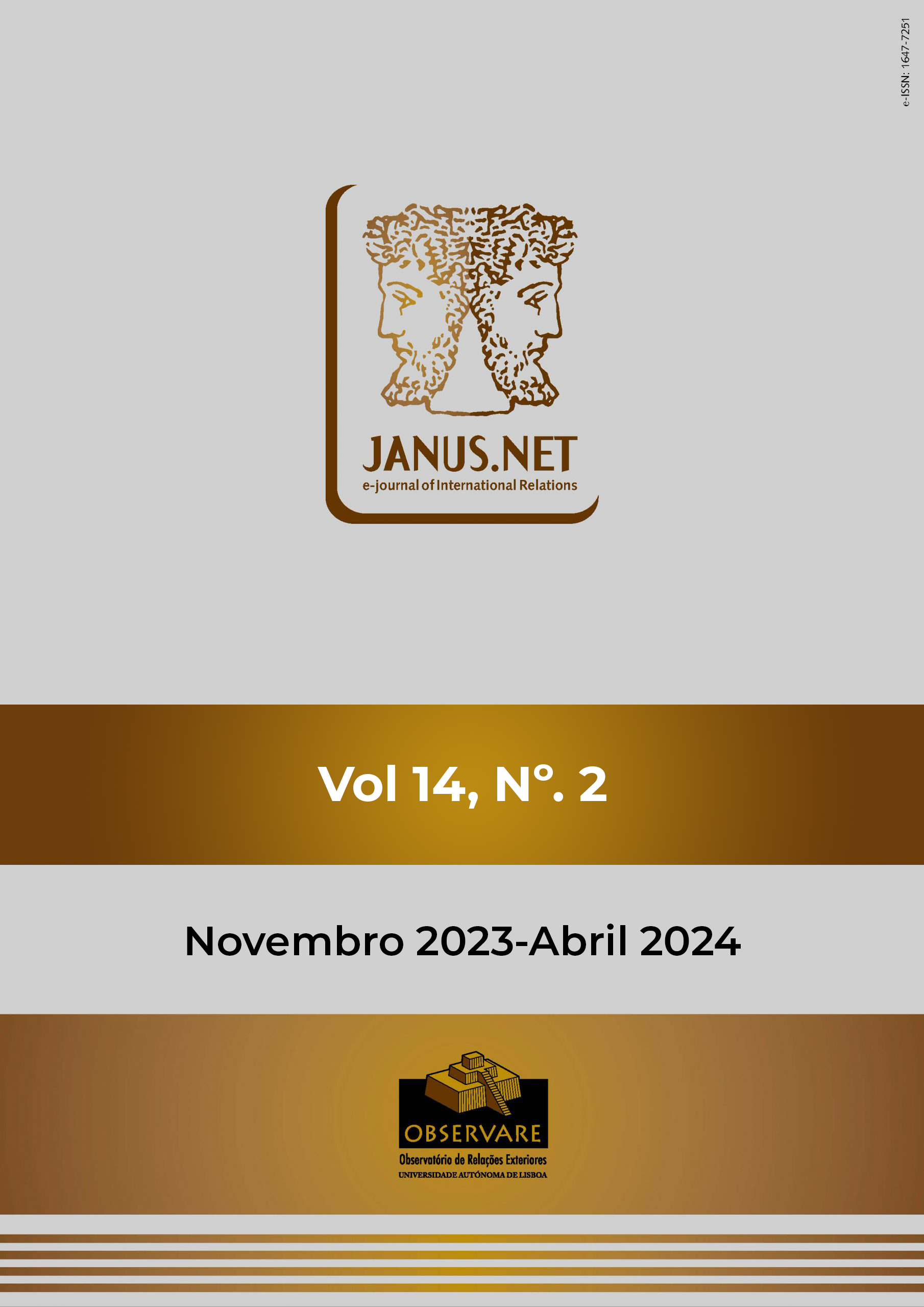A GUERRA AÉREA AUTÓNOMA E A TRANSFORMAÇÃO DO PODER AÉREO
DOI:
https://doi.org/10.26619/1647-7251.14.2.6Keywords:
Air Power, Autonomous Air Warfare, Aerial Systems with Autonomous Functionalities, Artificial Intelligence, TransformationAbstract
The Autonomous Air Warfare (AAW) paradigm reveals a profound transformation resulting from the exploration of artificial intelligence and Aerial Systems with Autonomous Functionalities (ASAF), in a model of collaboration in combat between man and machine, affecting the operational functions of Air Power and its political utility. The aim of this research is to analyse emerging AAW operational models to identify trends and implications for the transformation of Air Power. These operational models will be analysed in terms of the dimensions that reflect an Air Force's ability to generate and employ Air Power, namely the concepts of employment, the capabilities to operationalise the concepts, the organisation that sets the benchmark for the use of force, and the people who make it possible. The analysis revealed qualitative and quantitative advantages in a force's ability to generate and employ Air Power, in terms of operational effectiveness and cost and risk efficiency, but also some technological, organisational and human challenges. The emerging AAW paradigm enhances the utility of Air Power, improving the availability, accessibility, and acceptability of operational employment, resulting from the isolated use of ASAF, or in combination with manned aircraft in teaming operational concepts, or from collaboration between multiple ASAF with high levels of autonomy. It also confirms the trend towards the gradual removal of man from the decision cycle and from the operation of individual ASAF, towards functions of supervision of multiple systems, aided by artificial intelligence, but with the ambition of retaining significant control over the decision to use lethal force.


